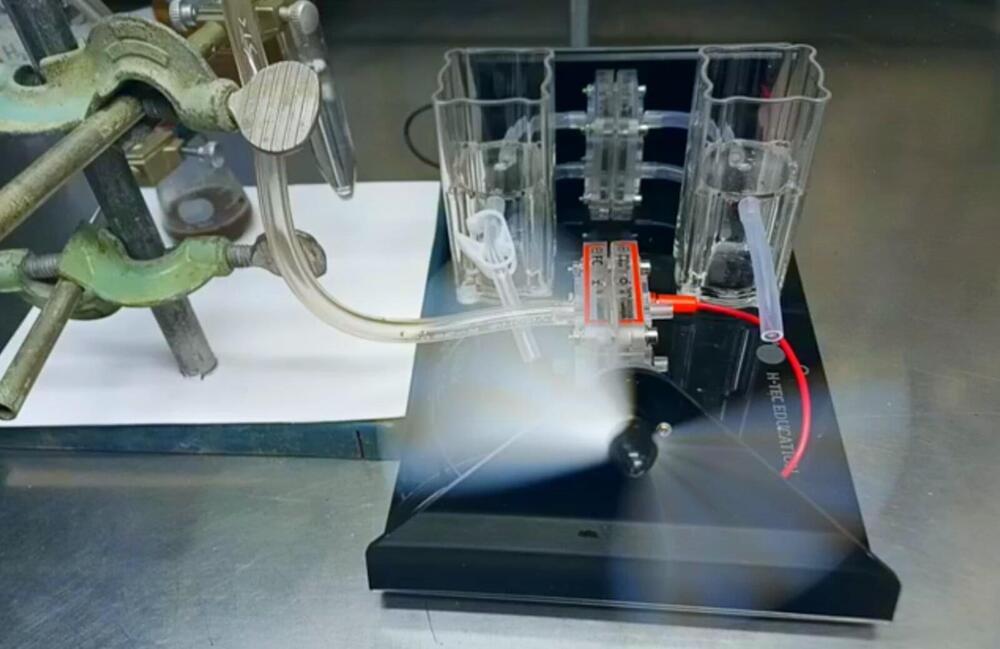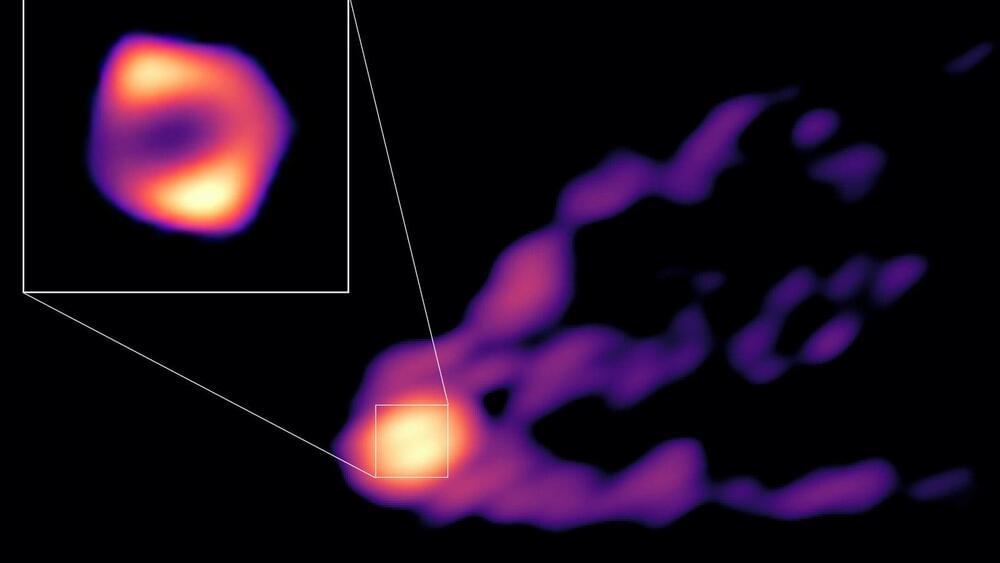The push for the smartest web browser is officially on. Just a month after Microsoft announced an AI-powered version of its search engine Bing, Google has announced it will be also be adding AI functionality to allow users to interact with it in more human ways. Right now, the substance of the announcement is all speculation. There is no known release date (yet) for its AI-powered engine, and no specific AI model has been chosen. Still, Google, which has invested billions on AI in just the past few years, is throwing its hat in the ring as a clear sign that the race for AI leadership is far from over. Its recent announcement merging its DeepMind and Brain divisions further reiterates that.
The addition of Generative AI capabilities to Google Search will be critical if Google intends to remain the top search engine globally. And while there are more questions than answers at this time, Google is going to be adding conversational to its search platform and it should be well received.







